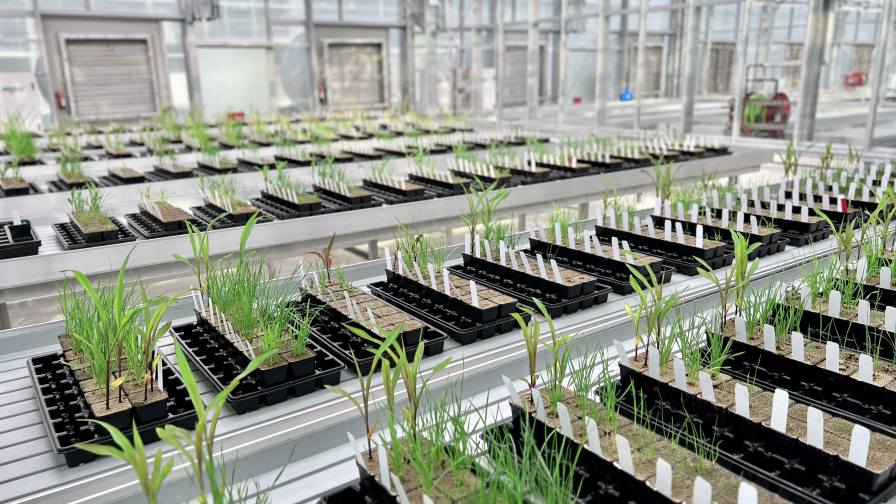EBIC: Newly Elected Board Receives Mandate for 2023 Amid New Opportunities and Ongoing Challenges for Biostimulants
The European Biostimulants Industry Council (EBIC) held its General Assembly Nov. 16, in which members voted to elect new President Arne Pingel (Syngenta), Vice-President Carlos Rodríguez-Villa Förster (AlgaEnergy) and Director-at-large Dr. Thomas Leppin (Compo Expert), and to re-elect Treasurer Massimo Toni (Agronutrition) and Director-at-large José Nolasco (Tradecorp). The remaining two board seats are held by Nicolas Willaume (ICL) and David Hiltz (Acadian) both Directors-at-large with a year to run on their term.
President Arne Pingel, who is responsible for Global Marketing Biostimulants at Syngenta, is committed to securing market opportunities for all biostimulants by filling the gaps in the current EU legislation. “There are a number of plant biostimulants which are not yet well served by the FPR,” he says. “There is still work to do to allow phosphites, animal by-products and microorganisms access to the single market. EBIC will continue to work with the Commission and all stakeholders to ensure these holes are plugged.”

The European Biostimulants Industry Council (EBIC) members include: President Arne Pingel (Syngenta); Vice-President Carlos Rodríguez-Villa Förster (AlgaEnergy), Director-at-large Dr. Thomas Leppin (Compo Expert); Treasurer Massimo Toni (Agronutrition); Director-at-large José Nolasco (Tradecorp); Directors-at-large Nicolas Willaume (ICL); and Directors-at-large David Hiltz (Acadian).
Whilst EBIC has been very successful in supporting the biostimulants industry in Europe, Pingel feels it is important to connect with and support other geographic regions which would benefit from the use of biostimulants. “We can leverage the success of biostimulants in Europe to positively influence other geographies, making these innovative products available globally. This will make a huge difference to sustainable agriculture all over the world.
The newly-elected Pingel also acknowledged the substantial contribution of the previous EBIC President, Luca Bonini (CEO of HELLO NATURE) who was at the helm of the Board on the date the new flagship EU Fertilising Products Regulation was implemented, as well as overseeing EBIC’s fruitful Farm-to-Fork Conference which took place June 2022 in Athens, Greece.
FPR conformity assessments discussed in detail
The programme included a regulatory workshop in which members discussed their experiences with conformity assessment since the FPR implementation in July. EBIC is working closely with members and the notified bodies to enable the efficient submission of dossiers and the early availability of biostimulants to the single market. The workshop included input from notified bodies in Hungary and the Netherlands. CerTrust’s Dorottya Lőrincz and Giel Tettelaar from EFCI Register talked about the difficulties they see for manufacturers compiling plant biostimulant dossiers and how these can be overcome.
The General Assembly was followed by a strategic planning forum, in which members were asked to contribute to the development of EBIC’s mid-term strategy. Carlos Rodríguez-Villa Förster, EBIC Vice-President, commented, “EBIC’s mission hasn’t changed. We want to make sure biostimulant technologies are valued as an integral part of regenerative agriculture and secure a regulatory framework that works for everyone. The renewal of our mid-term strategy gives us the opportunity to set new goals in the context of what has been achieved already and our ambitions for the future.”
Members will discuss key focus areas for 2023, including the importance of biostimulants in improving nutrient use efficiency, a topic that is considered of prime importance both from an environmental and geopolitical point of view. “Plant biostimulants are integral to regenerative agriculture,” continues Rodríguez-Villa Förster. “We will support members to place biostimulants on the market and position them correctly for soil health and improved crop productivity.”






